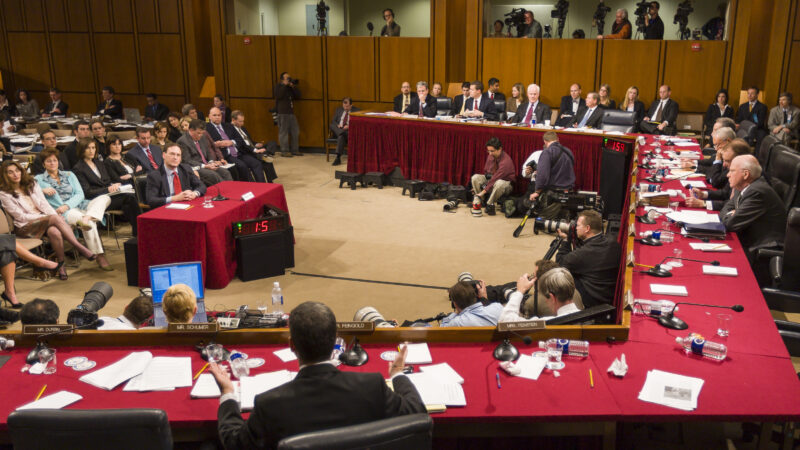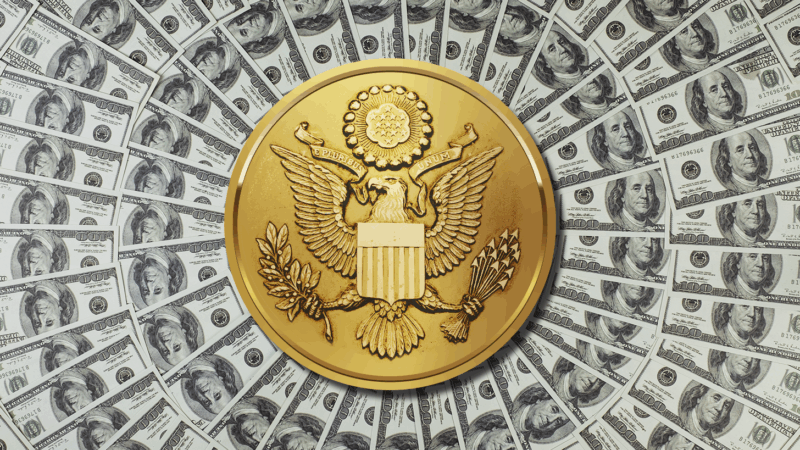Beau leads Protect Democracy’s national-level work on free and fair elections and the peaceful transfers of power.
Will the Utah Senate Race Break the Partisan Doom Loop?
- May 11, 2022
In late April, the Utah Democratic Party declined to endorse its own candidate against incumbent Republican Senator Mike Lee. Instead, the party rallied behind independent candidate Evan McMullin, the former Republican and vocal Trump critic who garnered nearly a quarter of Utah’s presidential vote in 2016. Despite cross-ideological agreement on a host of issues, cross-partisan coalitions like this one are almost unheard of in American politics. Americans are often forced to vote Republican or Democrat, and when there is an independent or minor party candidate, they’re typically not competitive—or worse, a spoiler.I
It wasn’t always this way. For much of American history, minor political parties played prominent roles in electoral politics. It’s not that Americans have become more satisfied with their two main options; nearly two-thirds of Americans today would welcome alternatives to the Democratic and Republican parties. Instead, despite the will of the voters, changes to electoral rules over time have snuffed-out the ability of alternatives to compete, including by outlawing “fusion voting.”
Read the full article at The Bulwark.
Related Content
Join Us.
Building a stronger, more resilient democracy is possible, but we can’t do it alone. Become part of the fight today.
Donate
Sign Up for Updates Sign Up for Updates
Explore Careers Explore Careers
How to Protect Democracy How to Protect Democracy




